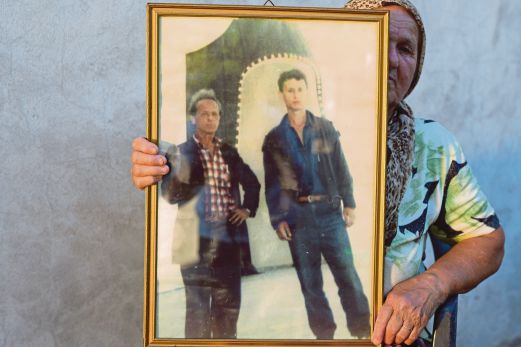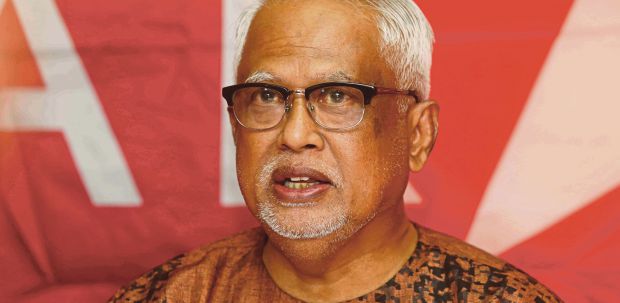TWO weekends ago saw the heart of the capital being put on lockdown due to the incident at Plaza Low Yat.
As reported, it started from the theft of a handphone that led to a rampage of vengeance. From that point, things took a nasty turn and everything descended into chaos, causing property damage and injuries to bystanders, including members of the media.
There are some who stress the fact that we are living in a multicultural society, and everybody’s here to stay. We have no choice but to face reality and deal with it.
So how are we doing lately in dealing with this?
The aftermath was gloomy and sensationalism reigned the whole past week. In the media, both mainstream and social, people were trading barbs and analysing who is to be blamed. Everybody was left with a bitter taste in the mouth.
In every case of misunderstanding, what optimists hope to see is the act of reconciliation, which seems to be at the bottom of everybody’s mind at the moment. The initiative to hold open house events during Hari Raya is a good effort, and hopefully, they will leave a lasting impact.
Malaysians were definitely jolted by what happened, and what’s important is where every individual wants to go from there.
We can all take sides and harden our stance against each other. Or we can reach out, refrain from fault-picking and stop the bad-mouthing. Will most of us not give peace a chance instead of taking a bellicose stance?
Besides tolerance, reconciliation is the key to managing diversity.
It may not bear permanent results but it must be exercised over and over again with a broad mind. It requires never-ending patience and acceptance of each other’s weaknesses. This is why reconciliation is most difficult to practise.
It brings a loss of face to the aggrieved and sacrifices have to be made to let go of transgressions. It’s okay if we can’t do it perfectly, because we are only human.
Allow me to rehash a story in the World section of this newspaper on Friday, July 10, just two days before the Plaza Low Yat incident.
Twenty years ago on July 11 (coincidently the same day the phone-theft fracas occurred), Bosnian Serb troops led by General Ratko Mladic carried out Europe’s worst carnage since the end of World War 2 — the massacre of more than 8,000 Muslim men and boys in Srebrenica, Bosnia-Herzegovina. This was committed during a war fuelled by religious and ethnic strife that exploded in the region at that time.
When tragedies of such magnitude occur, there is no such thing as forgiveness or reconciliation.
The Serbian prime minister learnt it when he tried to lay a wreath during a memorial ceremony. He got mobbed and stoned, and was driven off by a hostile crowd.
The wounds of war are so deep that they still bleed after 20 years, with each side refusing to admit their atrocities. The United Nations had recently unsuccessfully tried to classify it as a genocide.
But on the individual level, there were women who shared their loss through objects belonging to their dead sons and husbands.
The story of one woman, carried in the AP newswire and subtitled “Picture of Sorrow”, caught my eye and it goes something like this.
When Remzija Delic, 58, wakes up in the morning, the first thing she sees on the wall is the picture of her husband, Sabit.
Then, she gets up and looks through the window at the former factory that the United Nations turned into their headquarters after they declared Srebrenica a safe haven — staring hard at its gate.
She goes to the stove and boils her coffee. When she returns to the window, she sees her neighbour, Sreten Stankovic, walking to work.
Her face grows dark because he was the Bosnian Serb soldier who separated her from her husband at the factory gate.
As Sabit was trying to board the bus with Delic to head to Bosnian government-held territory, Stankovic grabbed his neighbour by the back and yelled: “No. Not you.”
He pushed him over to the crowd of men, who subsequently ended up in the mass graves.
“You know, all this did not make me hate the Serbs,” Delic said.
“There are some wonderful people among them.”
It is a wonder how she managed to avoid stereotyping a whole race for her suffering. Perhaps, her story can be used to inspire reconciliation even in the darkest of times.
Compared with her case, it is definitely not too late for Malaysians to reconcile.






